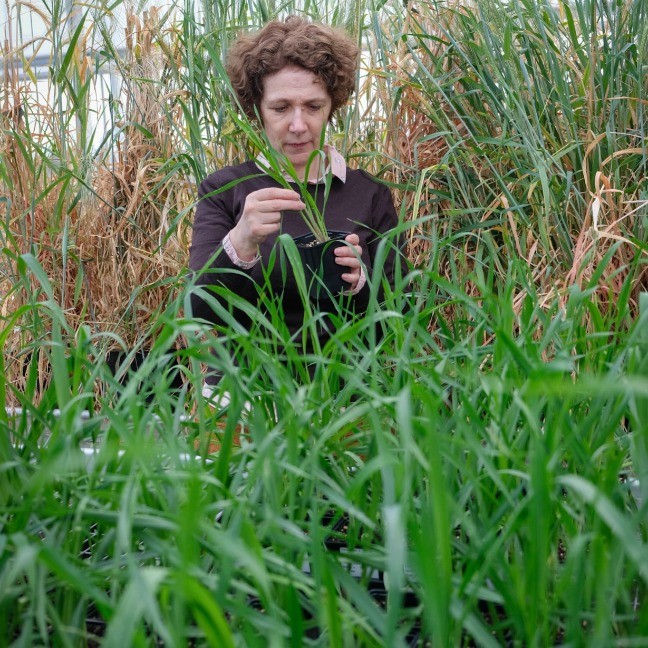New study to identify nutritionally superior and yield-stable oat varieties
The James Hutton Institute has been awarded £100,000 from the Novo Nordisk Foundation for a three-year project, led by the Innovation Centre for Organic Agriculture in Denmark and working in collaboration with Nordic Genebank (NordGen) and Aarhus University in Denmark.
The project aims to identify nutritionally superior and yield-stable oat varieties through a combination of experimental and on-farm field trials across a range of diverse environments and organic management systems.
Sustainable production of healthy food for a growing human population is an escalating global challenge. Oat, the third most popular cereal crop grown in the UK after wheat and barley, is a uniquely healthy cereal crop, rich in protein, minerals and fibre, especially β-glucan, which is associated with a reduction in cholesterol levels and post-meal glycaemic responses.
The Hutton is a world leading research institute addressing the issue of global food security by finding scientific solutions for the sustainable management of land and natural resources and the demands for improved agricultural productivity and crop resilience.
Oat is particularly well suited to organic production in northern Europe due to its robustness and adaptability. It requires low inputs thanks to its low demand for nitrogen, and has low susceptibility to diseases, and can cope effectively against weeds.
Dr Joanne Russell, the Hutton’s lead on this study explains more. “The project brings together experts in plant genetics, agronomy, and mathematics to harness the unique properties of oat, with its low carbon footprint and significant nutritional and health benefits. The key issue for oat producers is the lack of stability in year-to-year supply and quality, largely due to seasonal fluctuations in environmental factors. We will focus on the need to develop robust organic-ready oat cultivars specifically tailored to sustainable organic production and address some of the emerging challenges in food and help secure food production.”
“We will focus on the need to develop robust organic-ready oat cultivars specifically tailored to sustainable organic production and address some of the emerging challenges in food and help secure food production.”
Dr Joanne Russell, The James Hutton Institute


Researchers will study the genes of 200 oat varieties and landraces that have been collected from across the Nordic region and grown for a century, surviving changes in climate and agricultural practices.
Oat is currently experiencing a global revival. It ranks sixth in cereal production worldwide and in Denmark accounts for 25% of organic cereals grown. Oat production in the UK increased by 19% in 2024, driven by increases in both area and yield.
It is estimated that the oat market will grow by 3.7% annually between 2024 and 2032 because of increasing health consciousness and demand for functional food, that is foods that are highly nutritious and associated with a number of powerful health benefits.
